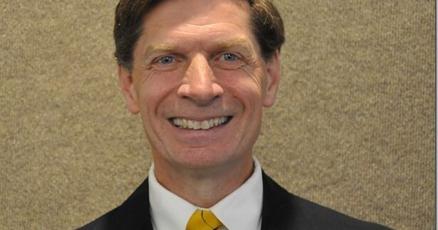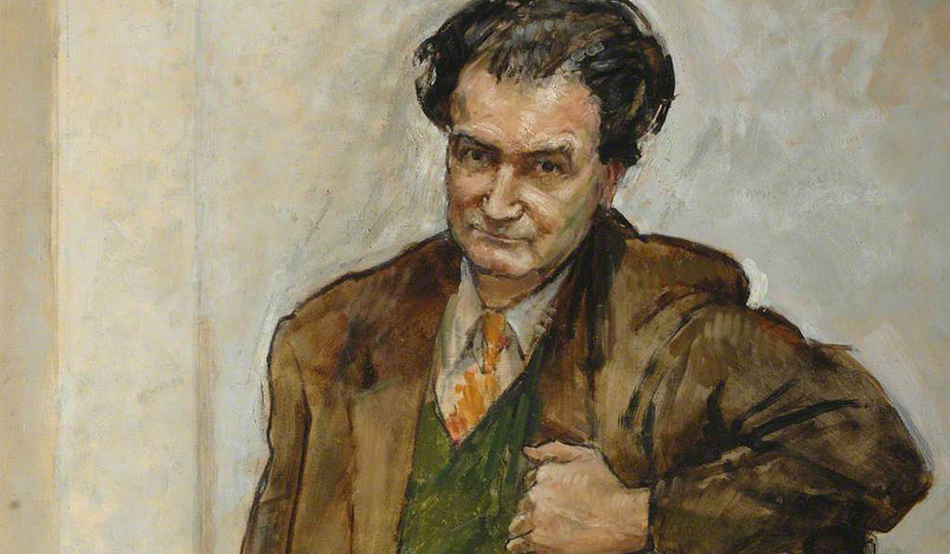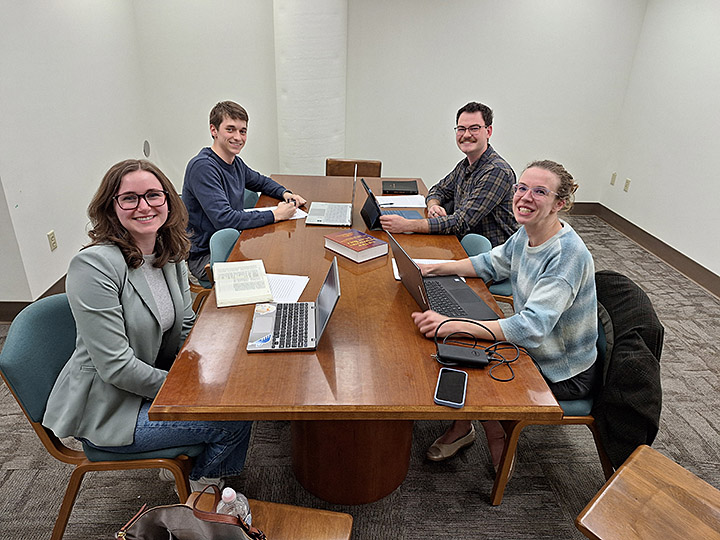Faith in Flux: Millions Abandon Religious Roots in Global Spiritual Shift
Religion
2025-03-26 21:40:33Content

In a revealing new study by Pew Research, a global trend of religious migration has emerged, highlighting significant shifts in spiritual affiliations. The research unveils that substantial numbers of adults worldwide are choosing to depart from the religious traditions of their upbringing, with Christianity and Buddhism experiencing particularly notable declines.
This groundbreaking study exposes the dynamic nature of religious identity in the modern world, demonstrating that personal faith journeys are increasingly complex and individualistic. As people become more globally connected and exposed to diverse belief systems, traditional religious boundaries are becoming more fluid and permeable.
Christianity and Buddhism stand out in this research, showing remarkable rates of membership loss. This trend suggests a growing tendency among individuals to critically examine their inherited religious frameworks and seek spiritual meaning through more personalized paths. The findings underscore a profound transformation in how people approach religious and spiritual beliefs in an increasingly interconnected global society.
Global Faith Shift: The Dramatic Exodus from Traditional Religious Roots
In an era of unprecedented global connectivity and cultural transformation, religious affiliations are experiencing seismic shifts that challenge centuries-old traditions. The landscape of spiritual identity is rapidly evolving, revealing complex patterns of religious migration and personal belief reconstruction that transcend geographical and cultural boundaries.Unraveling the Threads of Religious Transformation in the 21st Century
The Dynamics of Religious Disengagement
Contemporary sociological research illuminates a profound phenomenon of religious migration, where individuals are increasingly diverging from their ancestral faith traditions. This unprecedented trend reflects deeper societal transformations driven by globalization, technological advancement, and evolving philosophical perspectives. Scholars observe that religious disengagement is not merely a statistical anomaly but a nuanced reflection of individual spiritual journeys. The psychological underpinnings of this religious transition are multifaceted. Individuals are no longer passively inheriting religious identities but actively interrogating and reconstructing their spiritual frameworks. Educational access, exposure to diverse philosophical perspectives, and the democratization of information through digital platforms have catalyzed this transformative process.Christianity's Unprecedented Transformation
Christianity, historically a monolithic and geographically concentrated religious tradition, is experiencing remarkable demographic reconfiguration. The faith's traditional strongholds in Europe and North America are witnessing significant congregational declines, with younger generations demonstrating unprecedented levels of religious disaffiliation. This transformation is not a simple rejection of spiritual experience but a sophisticated reimagining of religious engagement. Emerging generations are seeking more personalized, inclusive, and intellectually rigorous spiritual frameworks that align with contemporary ethical and philosophical standards. The rigid doctrinal structures that characterized previous generations are being systematically deconstructed and reinterpreted.Buddhist Traditions in Flux
Buddhism, traditionally perceived as a more adaptable spiritual tradition, is also experiencing substantial demographic shifts. The religion's philosophical flexibility has not insulated it from the broader trends of religious transformation. In both traditional Buddhist societies and Western contexts, practitioners are reinterpreting ancient teachings through contemporary lenses. The migration of Buddhist practices into Western psychological and wellness paradigms has further complicated its traditional institutional structures. Meditation, mindfulness, and Buddhist philosophical concepts have been increasingly secularized, creating hybrid spiritual experiences that transcend conventional religious boundaries.Global Implications of Religious Mobility
The widespread religious migration represents more than a demographic trend; it signifies a fundamental recalibration of human spiritual experience. Sociological research suggests that this phenomenon is intimately connected to broader social transformations, including increased educational opportunities, technological connectivity, and evolving cultural narratives about individual identity. These shifts challenge traditional institutional religious frameworks, compelling them to become more adaptive, transparent, and responsive to contemporary human experiences. Religious institutions that successfully navigate this complex landscape will likely emerge more resilient and relevant.Psychological and Societal Dimensions
The decision to disengage from inherited religious traditions is profoundly personal yet simultaneously reflective of broader societal dynamics. Psychological studies reveal that this process involves complex emotional and intellectual negotiations, where individuals reconcile familial expectations, personal beliefs, and broader cultural narratives. The implications extend beyond individual spiritual journeys, potentially reshaping social cohesion, cultural identity, and collective moral frameworks. As traditional religious institutions lose their monopoly on spiritual meaning-making, new forms of community and collective understanding are emerging.RELATED NEWS
Religion

Wisdom from a Mom's Journey: Myra Earley's Unexpected Mother's Day Insights
2025-05-05 21:37:00
Religion

Religious Freedom Panel Calls for Targeted Sanctions Against Indian Intelligence Agency
2025-03-26 01:19:33




